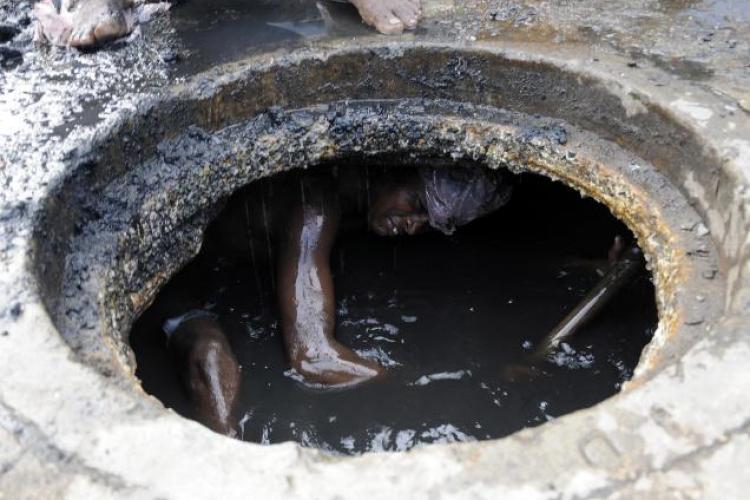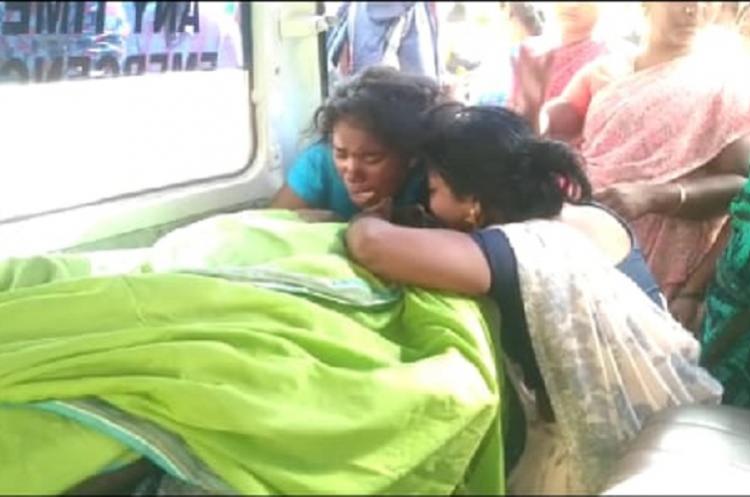
In India, caste based oppression has long been linked to sanitation and related activities. Dalits make up the majority of these workers, particularly the manual scavengers. These workers, who come from some of the most marginalized and persecuted sub-castes, are typically further lower in the hierarchy even among the many Dalit castes. These workers, particularly those from the lowest-ranking caste groups, are culturally bound to their line of work, which is generally regarded as shameful and unclean. These laborers consequently frequently face discrimination and untouchability. If we divide the entire workforce by gender, the disparity in unfairness will be even greater. In a nation where patriarchy is prevalent, women who work in sanitation particularly those from lower castes are even lower in the social ladder.
Caste continues to reinforce inequality as a basic value and the allocation of labor is one of its prime manifestations. Caste hierarchy reinforces occupational hierarchy and the idea of occupational purity and pollution are further embedded in the lives of individuals.
Prejudice based on Caste and Manual Scavenging
The removal of human waste from public streets and dry latrines, cleaning septic tanks, gutters, and sewers without any safety gear and with bare hands is the definition of manual scavenging.
The Indian Constitution’s Article 21, which protects the Right to live life with dignity, is violated by manual scavenging.
SC/ST (Prevention of Atrocities) Act, 1989: It criminalises the employment of scheduled castes in manual scavenging. In 2020, the Prohibition of Employment as Manual Scavengers and their Rehabilitation (Amendment) Bill aims to fully automate sewage cleaning, implement on-site safety measures, and compensate manual scavengers in the event of a sewer fatality. Cabinet approval is still pending.
The Dalit classes have been forced to perform tasks like cleaning dry latrines or scavenging by hand. They are supposed to clear sewage and carry loads of human waste for little to no pay. They are caught in a never-ending cycle of social isolation and poverty.
The cruel practice persists despite being prohibited by the Prohibition of Employment of Manual Scavengers Act of 2013. 97% of manual scavengers are dalits, according to government data; roughly 42,594 of them are SCs, 421 are STs, and 431 are OBCs.
The figures serve as a sobering reminder of our collective inability to transcend caste boundaries and grant everyone the dignity of work.
The government’s position on this caste-based profession
Sewer and septic tank cleaning is occupation-based activity rather than caste-based employment, the Union Social Justice Ministry informed Parliament on Tuesday, December 17, 2024, citing data from its first-ever study of SSWs across Indian cities and towns.
Nearly 92% of all workers profiled were from Scheduled Castes (SC), Scheduled Tribes (ST), or Other Backward Classes (OBCs) communities, according to survey data from the government’s NAMASTE program, which was first reported by The Hindu in September of this year. The remaining 8% came from General Category communities.
The NAMASTE programme targets “workers directly associated with sewer and septic tank cleaning including drivers of desludging vehicles, helpers, machine operators and cleaners.
Of these, 67.91% (37,060) were from SC communities, 15.73% (8,587) were from OBC communities, 8.31% (4,536) were from ST communities, and 8.05% (4,391) were from the General Category. “Sewer and septic tank cleaning is an occupation-based activity rather than caste-based.
Despite the efforts, what is the current situation?
Prejudice based on caste has become so commonplace that the suffering of manual scavengers does not receive the recognition it merits. The issue has been shrouded by the federal and state governments. There have always been attempts to falsify the data, and official data itself contains inconsistencies.
According to the authorities, no one is now involved in manual scavenging, and no fatalities have been linked to the practice in the last five years (2013-2018). The government data presented in Parliament, dangerous septic tank and sewer cleaning caused the deaths of at least 377 persons nationwide between 2019 and 2023.
However, between 2016 and 2020, 472 deaths nationwide were attributed to manual scavenging, according to the Safai Karmachari Andolan’s National Convener. The Indian Railways, the army, and metropolitan municipalities continue to be the largest organizations with employees still involved in manual scavenging, according to some thoroughly researched media accounts.
In order to avoid being held directly responsible or culpable, they either figure out ways to contract out such job to contractors or they just call these people sweepers.
Compensation Order for Families of Deceased Employees
A bench made up of Justices Aravind Kumar and Sudhanshu Dhulia has been considering a writ suit calling for an outright prohibition on hazardous cleaning and manual scavenging. The bench reaffirmed its severe condemnation and insisted that such acts must end right away.
Authorities in large cities have been ordered by the Supreme Court to provide compensation to the families of workers who have died in the dangerous practice of manual sewer cleaning. The court’s order to pay Rs30 lakh to each victim within four weeks emphasizes how urgently this risky practice must be stopped. If the full compensation sum under the Prohibition of Employment as Manual Scavengers and their Rehabilitation Act, 2013 has not been paid out, all officers shall assure payment of it within four weeks, the court mandated.
The Supreme Court examined affidavits filed by officials from Bengaluru, Hyderabad, Kolkata, and Delhi about the prohibition on manual scavenging and sewage cleaning in response to a previous order. The court concluded, however, that these affidavits were purposefully drafted to give the false impression of compliance.
Subscribe to Our Newsletter
Get the latest CounterCurrents updates delivered straight to your inbox.
Shahid Ali Siddique, Pursuing LLM from AMU,Specialization in Labor & Environmental Laws












































